Cirsova #19 Summer 2024
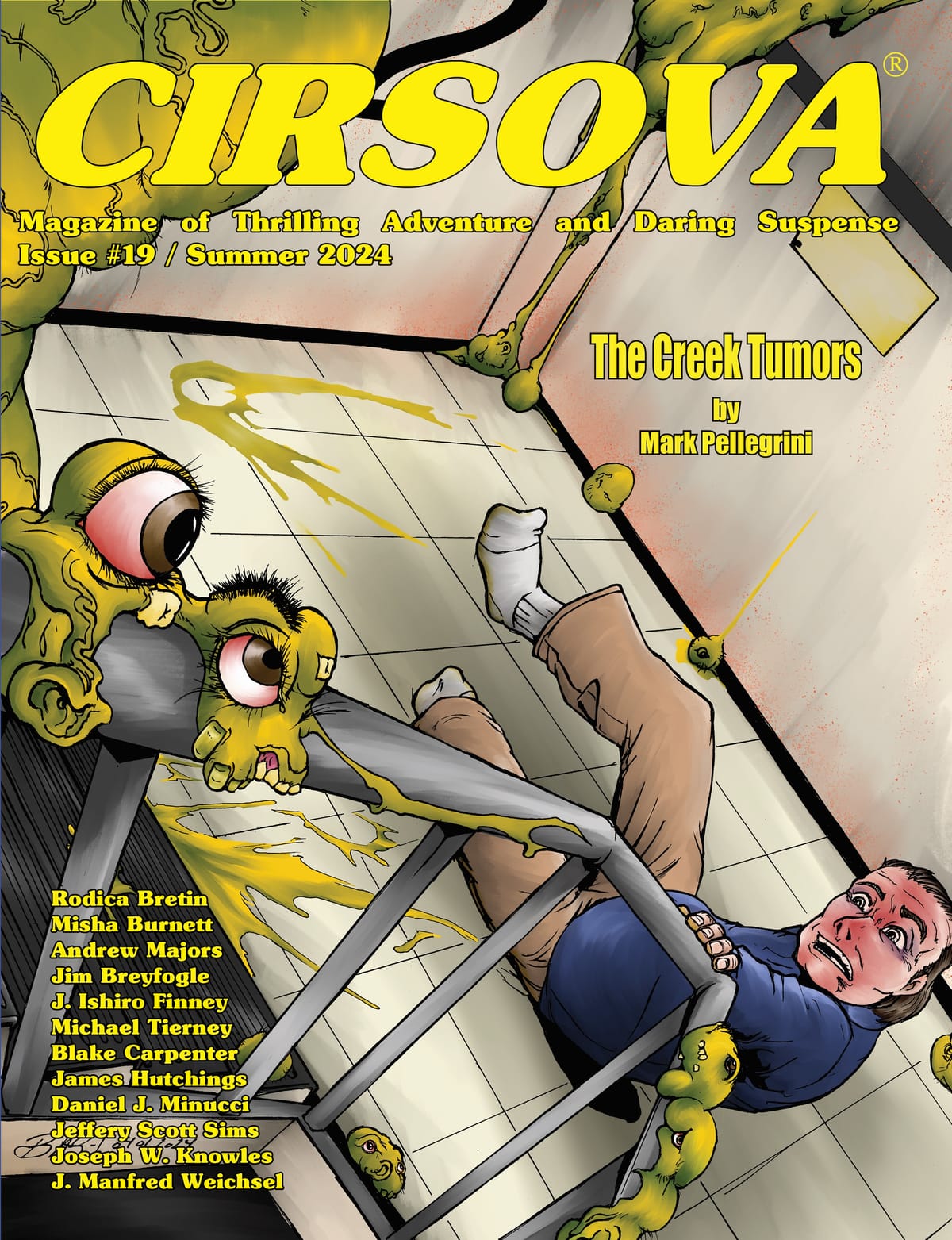
There are now a number of contemporary short fiction magazines publishing sci fi, fantasy, and weird tales, and Cirsova may be pre-eminent among them. While sales of these little magazines are far below what similar publications managed in the pulp heyday, I love them for keeping great storytelling alive.
Issue # 1 of Cirsova was published in 2016, and now eight years later, the magazine is still going strong. Issue # 19 may be a nearly ideal place for me to jump in, as it features several stories set in the very peculiar world of less-than-august universities, a place I know well.
The Creek Tumors by Mark Pellegrini
The cover story is a perfect example of what I mean about the very peculiar world of not-famous and not-rich universities. Such institutions have a level of self-regard that exceeds either their fame or their finances, which leads to a strange combination of policy by whim and self-defeating cost-cutting that makes life challenging for non-teaching staff.
As a result, you tend to find some very specific personality types working within such universities. Such as Harold:
It was the time of year Harold called the “December Deadzone,” otherwise known as the “holidays” by the more cheer fully employed. Finals were over and the students had dispersed, but the campus would not shut down administrative opera tions for still another week. Chancellors, Deans, and Professors had all taken flight to Tahiti or Milan until the New Year, leaving behind only the bottommost scrapings of the working class to slosh around in the gloomy muck for five meaningless days. And even then, most of those wage-slaves were withdrawing banked vacation hours to spend the Deadzone travelling to family gatherings in parts rural and corn-mottled. But not Harold. With the campus library dark and deserted, he could sit in his cubicle and grumble as loudly as he wanted.
The standard joke in the university maintenance department when I was student worker was that it was a great place to work, except for the students. Harold didn't quite say that, but I wouldn't have been surprised to hear it from him.
Harold's dark adventure in "The Creek Tumors" is made possible by the seemingly non-sensical combination of policies that the university is "open", even though almost everyone is gone, but then as a cost-cutting measure, most of the lights are turned off because no one is there. There are plenty of ways to square the particular circle, but in my experience in the university, no one ever bothered to do things that made sense, because no one was ever rewarded for having a good idea or working hard.
As you might guess from the cover, things rapidly go weird for Harold, in a way that his life of resentful shirking has not prepared him for.
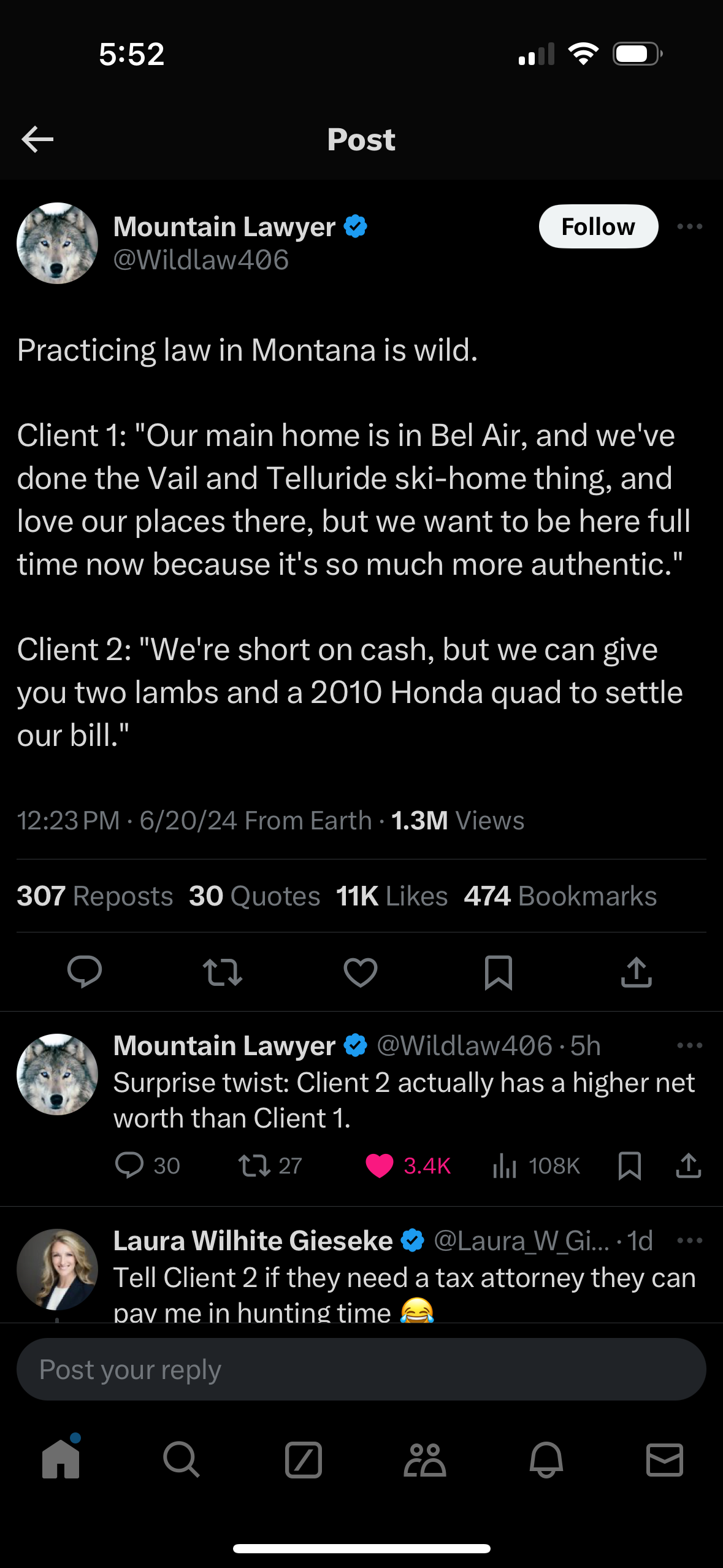
No-Rooms at a Kellogg Inn by Andrew Majors
I see "No-Rooms at a Kellogg Inn" as an homage to the frontier spirit that you found in much of twentieth century sci fi. A story about the kind of guy who is kind of a problem after the closing of the frontier or in peacetime, but who is indispensable in a crisis. Curious, but not bookish. Resourceful at need, but otherwise often indolent. Rarely respectful of authority. Tends to bum around between jobs. But in the right situation, a force to be reckoned with.
The unnamed drifter in the story stumbles on a secret that gives him opportunities he never dreamed of, but which may also give him obligations he never wanted, wrapped up in a setting that owes much to Poul Anderson, Andre Norton, and H. Beam Piper.

Range of Deceit by Joseph W. Knowles
A weird western, with a little bit of cattle mutilation and a little bit of cosmic horror. Which are things that kind of naturally go together if you know anything about the folktales and myths of the American Southwest.
This part of the country really is empty, and when you are out in it by yourself, this eeriness will assert itself. "Range of Deceit" combines this with the conventional form of a Western, featuring rugged lawmen and greedy ranchers finding something a bit different than usual.
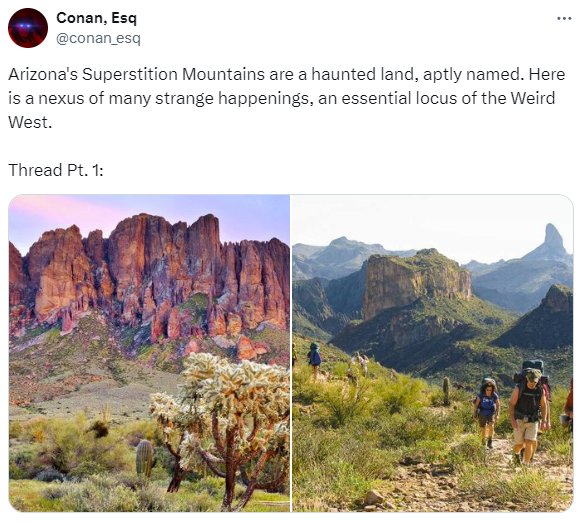
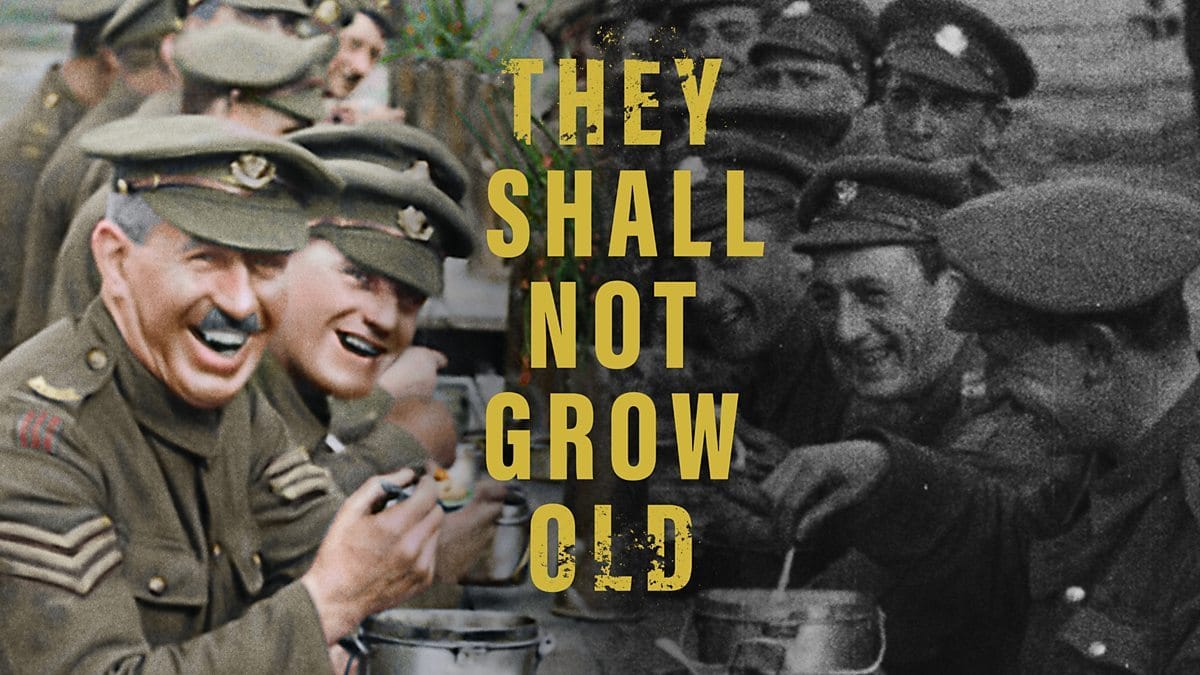
Songs of Loss and Love by Jim Breyfogle
I recently reviewed Jim Breyfogle's A Bad Case of Dead. "Songs of Loss and Love" is a very different kind of story, but it shares some thematic elements with Breyfogle's zombie novel. Especially a keen sense that the fae are not like you and me.
They don't think like us. They don't act like us. You very much cannot trust them. But they just might love like us.
Breyfogle also manages to paint a very vivid picture in so short a story of the burden of PTSD, or shell-shock as Edward in the story would have known it. Guys go away to war and get changed by it in a way that cannot truly be understood by those who haven't been there and seen that.
The sense of unreality, horror, and isolation this engenders nicks together very well with the untrustworthy fae to produce something both eerie and beautiful.
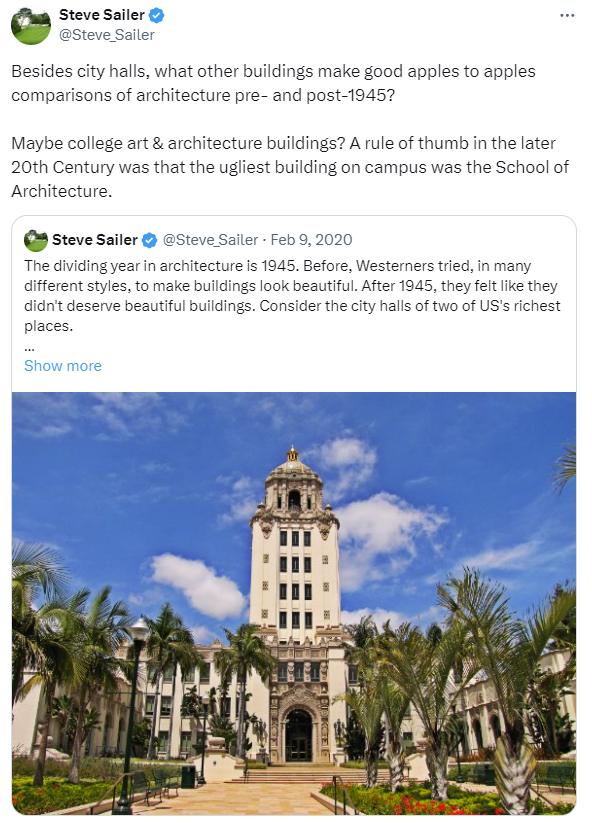
The Death of Robespierre by Daniel J. Minucci
Another campus story, but this one draws my attention especially because the hero is from Arizona. This isn't the only story in this volume that references Arizona either. My home state occupies far greater memetic volume than its physical dimensions or population would indicate.
Not only is this a campus story, but one that is again set in that uncanny time when the university is closed for Christmas and a place that normally hosts thousands of people becomes a psychic void.
Professor John Church is entrusted a seemingly trivial task by his friend Professor Stengel, who has to leave town for an urgent family matter. All Church has to do is keep a lamp lit during the midnight hours of the Christmas season, when the light of the world is fading. He should pray that he will not be put to the test.

Flyboy by Blake Carpenter
Airships in our world are a sign that you are diverging from the main sequence. Airships in fiction are just awesome. Especially when you combine airships with a South Pacific setting and old-fashioned dogfights and the classic conflict between love and duty.
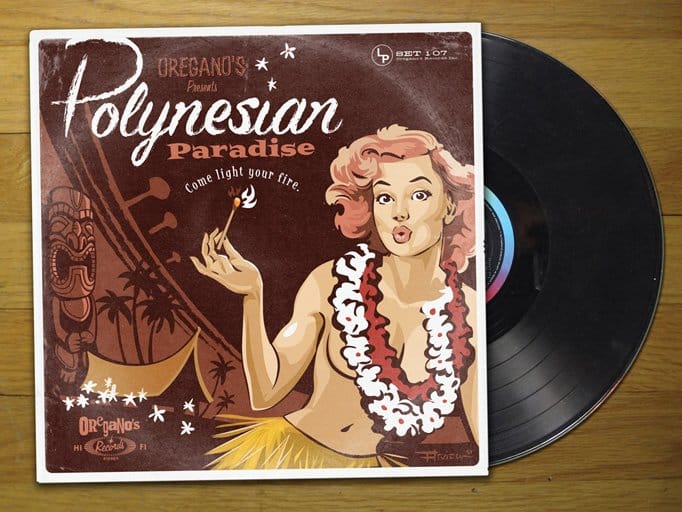
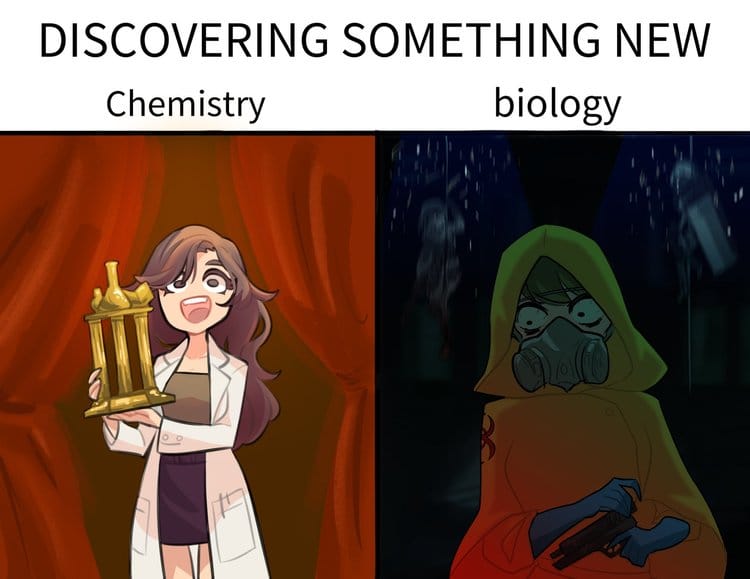
A Most Exquisite Specimen by J. Manfred Weichsel
Jon Weichsel is better than anyone I know at making me very disturbed. What enhances that feeling is that I think I've met scientists in a university very much like Hubert Montgomery III, the world's foremost expert on eyespots.
"A Most Exquisite Specimen" is ridiculous, but the more exaggerated the satire, the better it captures the weirdness of a certain kind of academic.
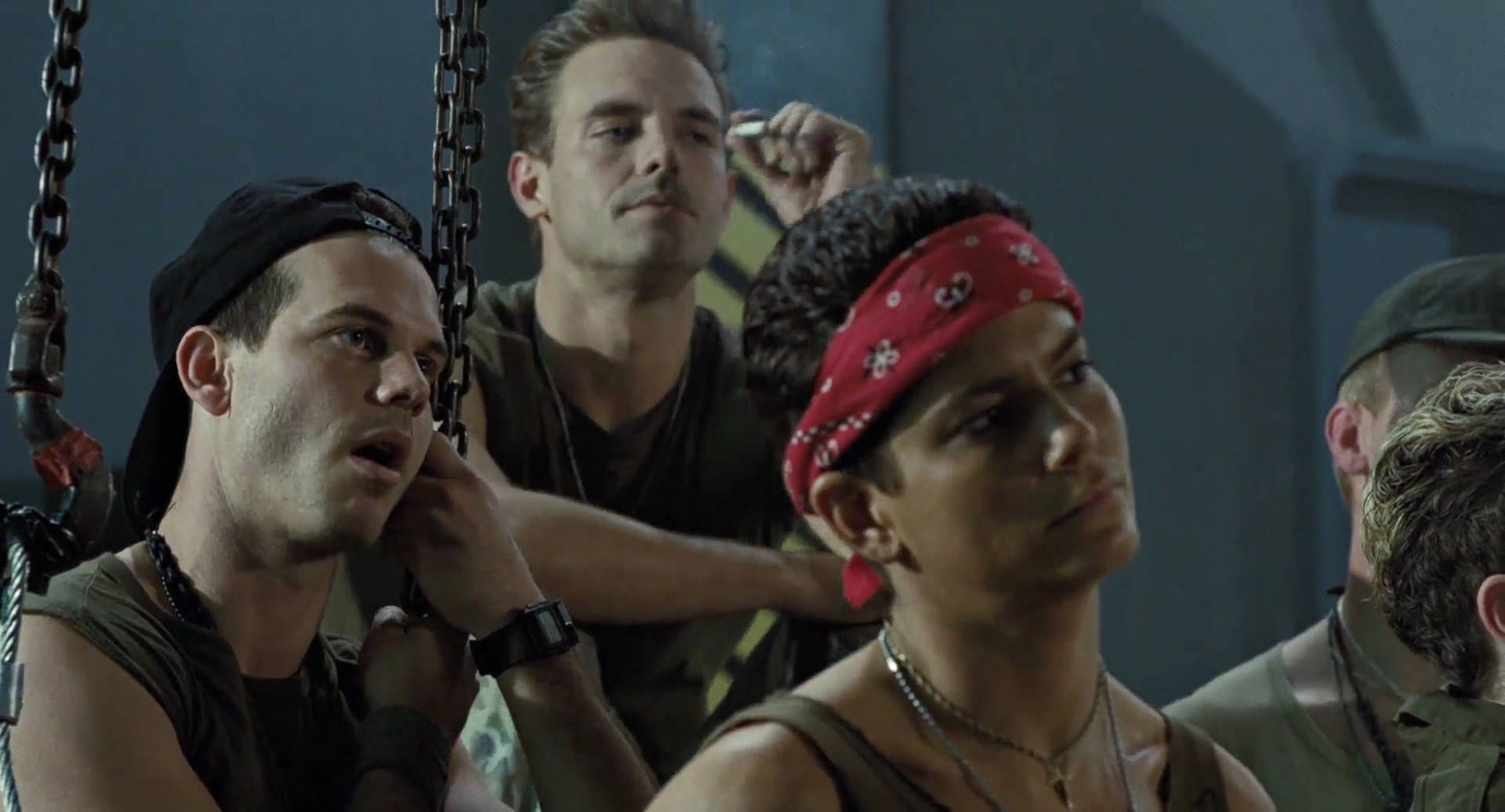
The Twilight Delve Homeowners Association by Misha Burnett
I happen to really like my HOA, but "The Twilight Delve Homeowners Association" definitely has some attractive features. Those guys are having a blast in the Arizona desert, and I'm jealous.
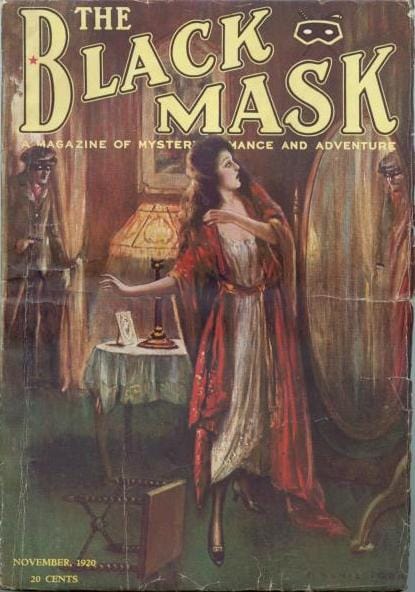
Mystery in Egyptian Blue by Jeffery Scott Sims
A noir-ish story set in, where else?, Arizona. Slightly tongue-in-cheek and parodic of its detective story inspirations, "Mystery in Egyptian Blue" is also something like the perfected form of those inspirations, the ur-parody that is also their final form.
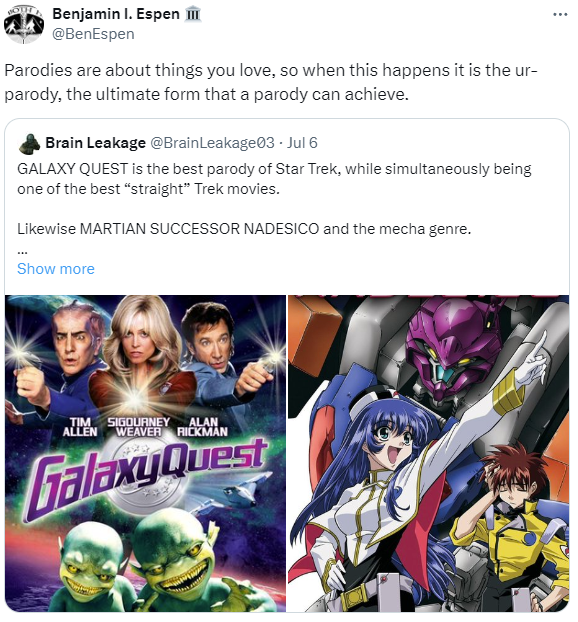
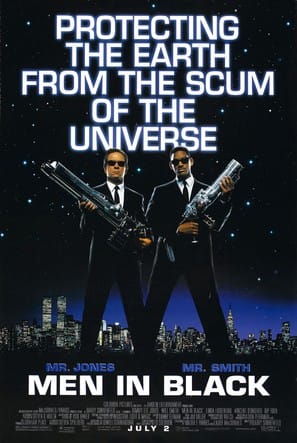
Midnight Caller by J. Ishiro Finney
Another parody, this time of Art Bell's very popular Coast to Coast AM radio show. Like professional wrestling, this form of popular art isn't appreciated by everyone, but this is a very fine example of the type.

Requiem for a Revolver by Rodica Bretin
Perhaps the briefest story in the issue, but well-executed nonetheless.
I won't venture into Amaranth Angels or Wild Stars, as I haven't read any of the previous installments. But given how good the short stories alone are, I was quite pleased with this volume of Cirsova. That there are two longer installments of stories as well as the versification of Barsoom that has been going on since Issue # 1, you ought to be able to find something to enjoy here.
Even if you don't like everything, the range of stories is big enough that most readers of genre fiction ought to be able find something worthwhile.
You can of course find Cirsova # 19 [and all the back issues] on Amazon.
I was given an advanced review copy of Cirsova # 19 by the publisher.
With Both Hands Classics | My other book reviews | Reading Log
Mini-reviews
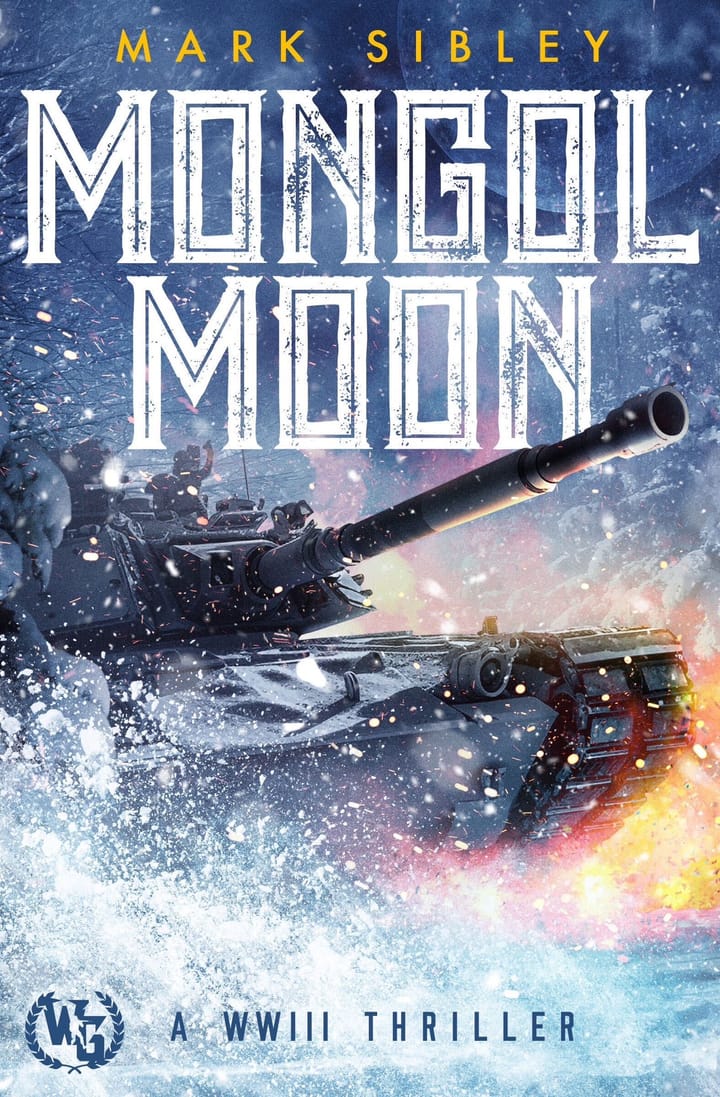
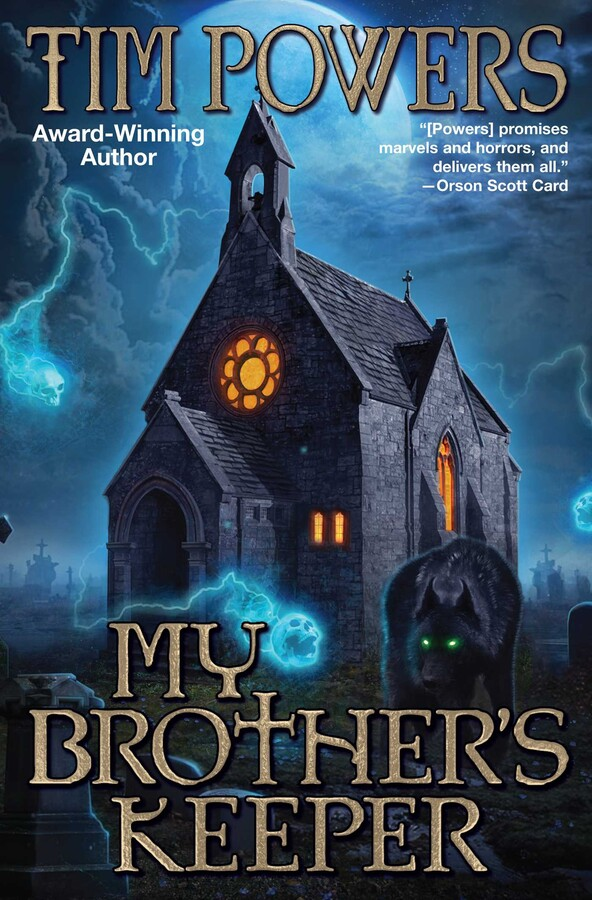
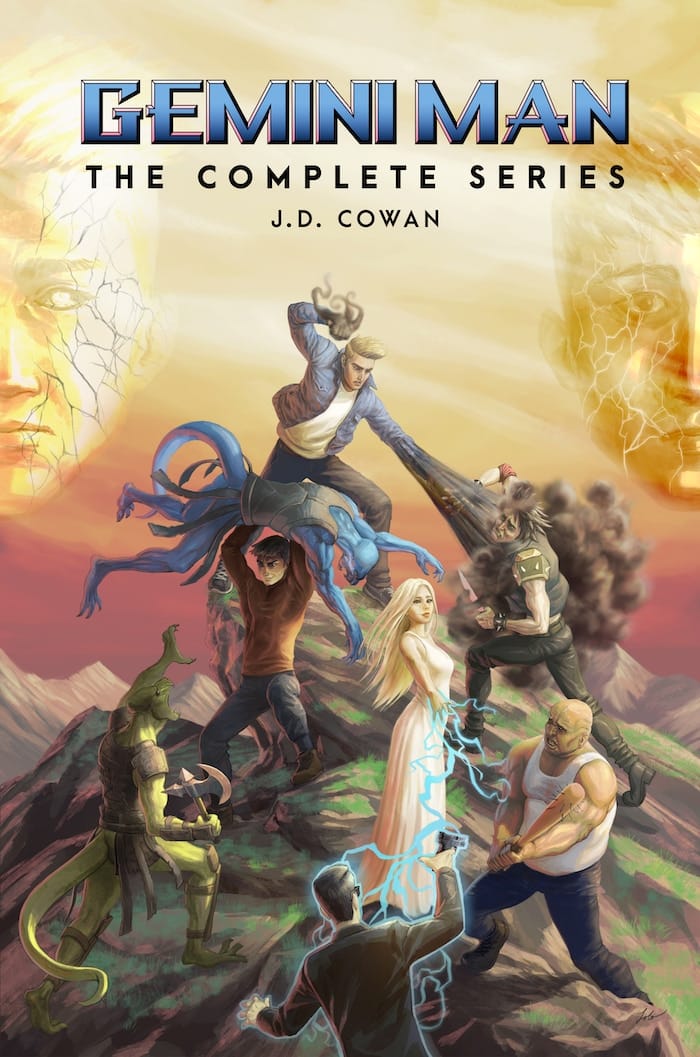
Comments ()